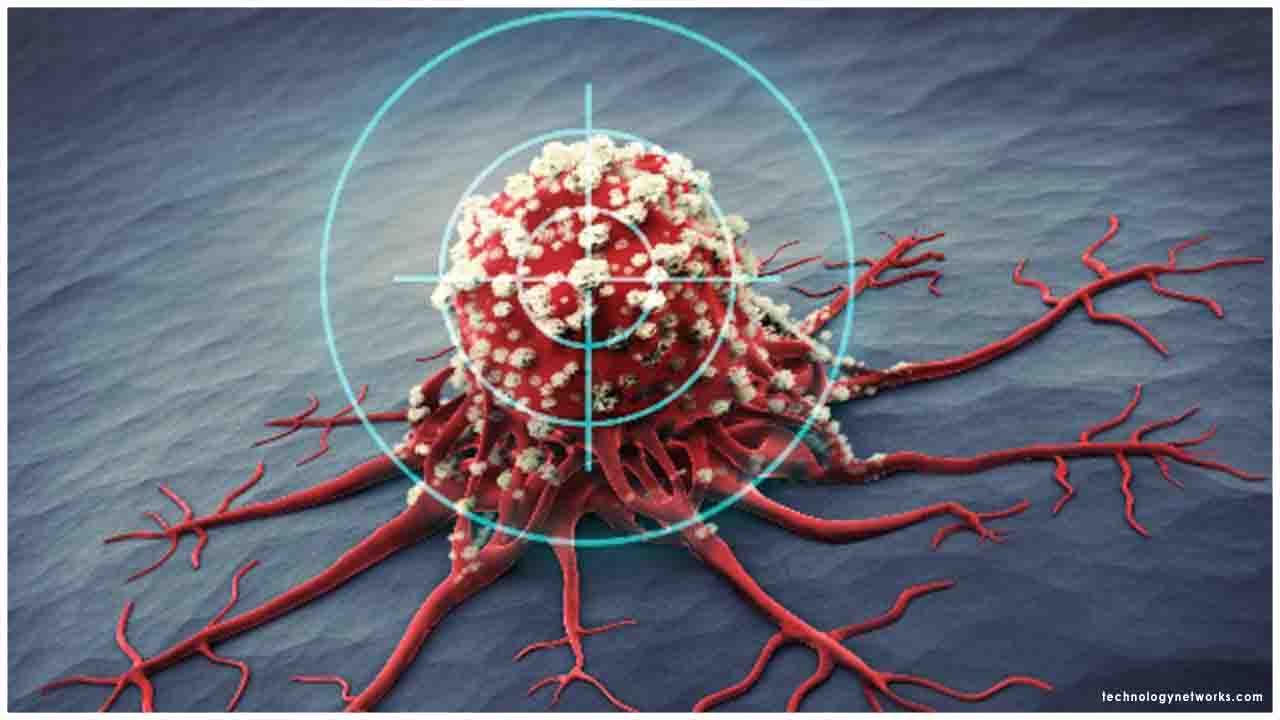Byondis B.V. (formerly Synthon Biopharmaceuticals B.V.) announced that the first cancer patients have started treatment with its investigational antibody-drug conjugate (ADC) SYD1875.
The First-in-Human Dose-Escalation and Expansion Study with the Antibody-Drug Conjugate SYD1875 will evaluate the safety, pharmacokinetics and preliminary efficacy of SYD1875 in patients with 5T4-expressing, locally advanced or metastatic solid tumors. While 5T4 plays an important role in the development of cancer, there are currently no drugs that target this specific tumor antigen. Patients are currently being enrolled in leading European oncology centers: Institut Jules Bordet in Brussels, Belgium; Institut Bergonié in Bordeaux, France; and Centre Oscar Lambret in Lille, France.
“It is exciting and gratifying to know that SYD1875 has progressed to the clinical study phase, giving us the opportunity to explore the potential of another promising antibody-drug conjugate,” said Byondis CEO Marco Timmers, Ph.D. “Our ADC technologies aim to outsmart relentless cancers and improve patient outcomes by offering better tumor-killing properties with lower side effects.”
SYD1875 is the second Byondis ADC to progress to clinical studies. The company’s anti-HER2 ADC [vic-]trastuzumab duocarmazine (SYD985) is its most advanced ADC, targeting a range of HER2-expressing cancers such as metastatic breast cancer and endometrial (uterine) cancer.
More on the SYD1875.001 Study
The SYD1875.001 study will recruit roughly 90 patients, aged 18 and over, with histologically-confirmed, locally advanced or metastatic cancers that have progressed on standard therapy or for which no standard therapy exists. The study will be conducted in two parts: Dose Escalation and Dose Expansion.
Part 1, Dose Escalation, will enroll patients with any tumor type to determine the Maximum Tolerated Dose (MTD) and Recommended Dose for Expansion (RDE). Part 2, Dose Expansion, will enroll groups of patients with one of three types of cancers. These patients will receive the RDE determined in Part 1 to evaluate the efficacy and safety of SYD1875 in these cohorts. All patients in both parts of the study will receive SYD1875 infusions every three weeks until cancer progression or unacceptable toxicity.
About SYD1875, a Next Generation Antibody-Drug Conjugate
SYD1875 uses Byondis’ unique, proprietary linker-drug (LD) and site-specific conjugation technologies. Although marketed ADCs have improved therapeutic indices compared to classical non-targeted chemotherapeutic agents, there is still room for improvement.
SYD1875 is a next generation ADC, comprised of a humanized IgG1 mAb (monoclonal antibody), and a cleavable linker-drug called valine-citrulline-seco-DUocarmycin-hydroxyBenzamide-Azaindole (vc-seco-DUBA), targeting the 5T4 oncofetal antigen employing the site-specific conjugation of HC-41C. The antibody part of SYD1875 binds to 5T4 on the surface of the cancer cell and the ADC is internalized by the cell. After proteolytic cleavage of the linker, the inactive cytotoxin is activated and DNA damage is induced, resulting in tumor cell death. SYD1875 can be considered a form of targeted chemotherapy.
For the manufacturing of SYD1875, this ADC is relying on a single-step, selective reduction of the engineered cysteines, instead of a two-step reduction/oxidation protocol that is commonly used for these types of ADCs and that can lead to undesired side-products.
Byondis’ Unique, Proprietary Linker-Drug and Site-Specific Conjugation Technologies
In traditional chemotherapy, a cytotoxin enters the bloodstream and moves through the body to kill rapidly dividing cells that are common in tumors. The problem is that it also attacks rapidly dividing cells in normal tissue, potentially resulting in severe side effects.
Monoclonal antibodies are created to allow improved specificity by targeting receptors expressed on tumor cell membranes. To improve the cell-killing capability of antibodies, cytotoxic drugs can be attached to the antibodies using a linker molecule, forming antibody-drug conjugates or ADCs.
While earlier generation ADCs improved targeting and cell killing, they can be unstable in the bloodstream, and that can lead to an early release of the cytotoxic payload, impacting healthy tissue and narrowing the therapeutic window. Byondis’ next generation ADCs carry an intricate, inactivated cytotoxic drug that rapidly self-destructs in case it is prematurely released, limiting damage to healthy tissue and improving the therapeutic window.
Byondis’ differentiating linker-drug, vc-seco-DUBA, owes its potent antitumor activity to a synthetic duocarmycin-based cytotoxin. Duocarmycins, first isolated from Streptomyces bacteria in the 1970s, bind to the minor groove of DNA and disrupt the nucleic acid architecture, which eventually leads to tumor cell death.
The unique design of the selectively cleavable linker connecting the antibody to the duocarmycin drug leads to high stability in circulation and induces efficient release of the cytotoxin in the tumor. Finally, the site-specific conjugation of the linker-drug results in enhanced in vivo antitumor activity, as was demonstrated in preclinical models.

 Antibody-drug conjugate for treating different type of Cancers, starts second phase trial
Antibody-drug conjugate for treating different type of Cancers, starts second phase trial


































